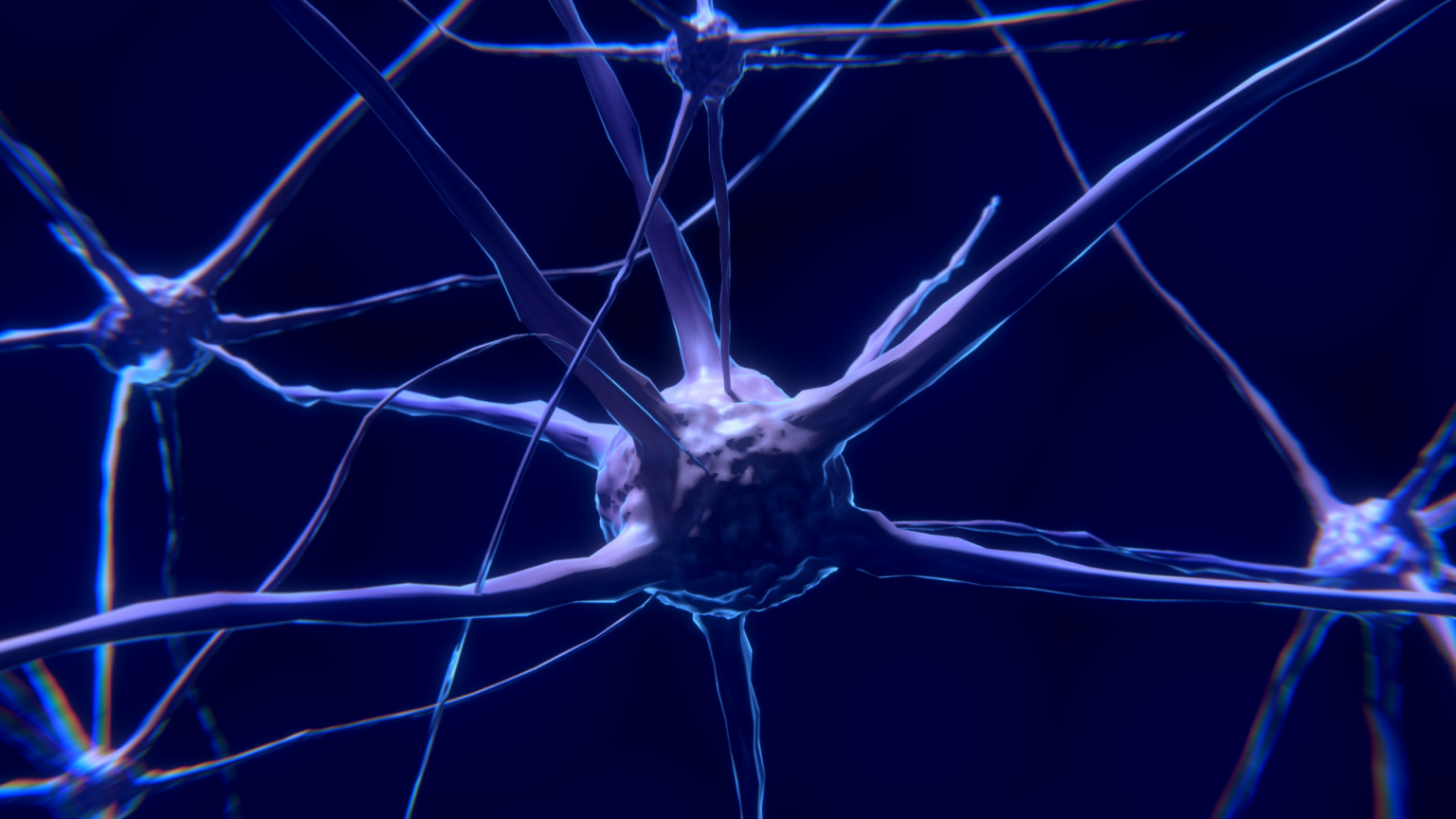A new study reveals neurological disorders like stroke, dementia, and Alzheimer’s disease are the leading causes of illness globally, affecting around 3.4 billion people.
The study published by The Lancet Neurology shows that the measurement known as disability-adjusted life years (DALYs), i.e., the amount of disabilities, illnesses, and deaths, has increased by 18% over the past three decades. The number rises from 375 million lives lost in 1990 to 443 million in 2021.
The researchers say several factors contribute to the increasing number of DALYs globally. Factors include population growth, increasing life expectancy, and more exposure to environmental and lifestyle risks like obesity, pollution, and diet issues. The increase is primarily due to population growth and life expectancy worldwide.
Table of Contents
The ever-increasing impact of neurological disorders
In 2021, the leading neurological disorders that caused deaths were stroke, neonatal encephalopathy (brain injuries in infants), migraine, diabetes, meningitis, epilepsy, neurological complications in premature births, autism spectrum disorder, nervous system cancer, dementia, and Alzheimer’s disease. These neurological disorders are among the top ten, adding to the global disease burden.
Generally, men experience more disabilities due to neurological disorders like migraine, while dementia affects women more.
In 2021, tension headaches were the most common neurological disorder, with approximately 2 billion cases, followed by migraines, which accounted for around 1.1 billion cases.
Diabetic neuropathy is the fastest-growing of all neurological disorders, with ranks in 5th position, indicating a surge in type 2 diabetes during the same period.
The study also reveals neurodevelopmental disorders like autism in children have caused 80 million deaths worldwide in 2021, constituting around one-fifth of the total population.
According to the researchers, in 2021, the neurological impacts of COVID-19, including cognitive impairment and Guillain-Barre syndrome, were ranked 20th, resulting in a loss of 2.48 million years of healthy life.
The research is based on the Global Burden of Diseases (GBD) study 2021. The study analyses the occurrence and impact of neurological disorders across countries worldwide from 1990 to 2021.
The Global Burden of Diseases (GBD) study reveals that 80% of the deaths due to neurological disorders occur in low and middle-income countries (LMICs).
Overall, there are variations in the burden on the nervous system across world regions and national income levels.
High-income areas of Asia Pacific and Australia have the best neurological health with DALYs, around 3000 and 65 deaths per 100,000 people in 2021. The most health loss was due to stroke, migraine, autism spectrum disorder, dementia, and diabetic neuropathy.
Western and Sub-Saharan African regions were worst, with DALYs over 7,000 and 198 deaths per 100,000 people in 2021. The significant causes of death were stroke, brain injury in infants, dementia, and meningitis.
The research was conducted by a team of hundreds of researchers under the leadership of the US-based Institute for Health Metrics and Evaluation (IHME), widely recognized as a global authority on health data. Jaimie Steinmetz, from the IHME, served as the study’s lead author.
Conclusion
The study highlights the overall disease burden worldwide. An increasing number of DALY cases account for preventive measures, treatment, and rehabilitation strategies to alleviate such neurological disorders.
Even though humans have achieved an increase in life expectancy due to medical advancements, the number of neurological disorders coming the way is overwhelming. Diseases like stroke, migraine, brain injuries, dementia, and Alzheimer’s disease are increasing at an alarming rate globally.
Such neurological disorders damage the nervous system throughout life or cause massive fatalities by affecting brain growth, spinal cord, cognition, motor function, and behavior.

3 Comments
Pingback: Climate Change Crisis: 2023 UN's 'Red Alert' on Ice Melt Surge
Pingback: Understanding the Rise: Neurological Conditions Now Leading Cause of Ill-health Worldwide - INPAC Times
Pingback: World Purple Day 2024: Spotlight On Epilepsy Awareness Day